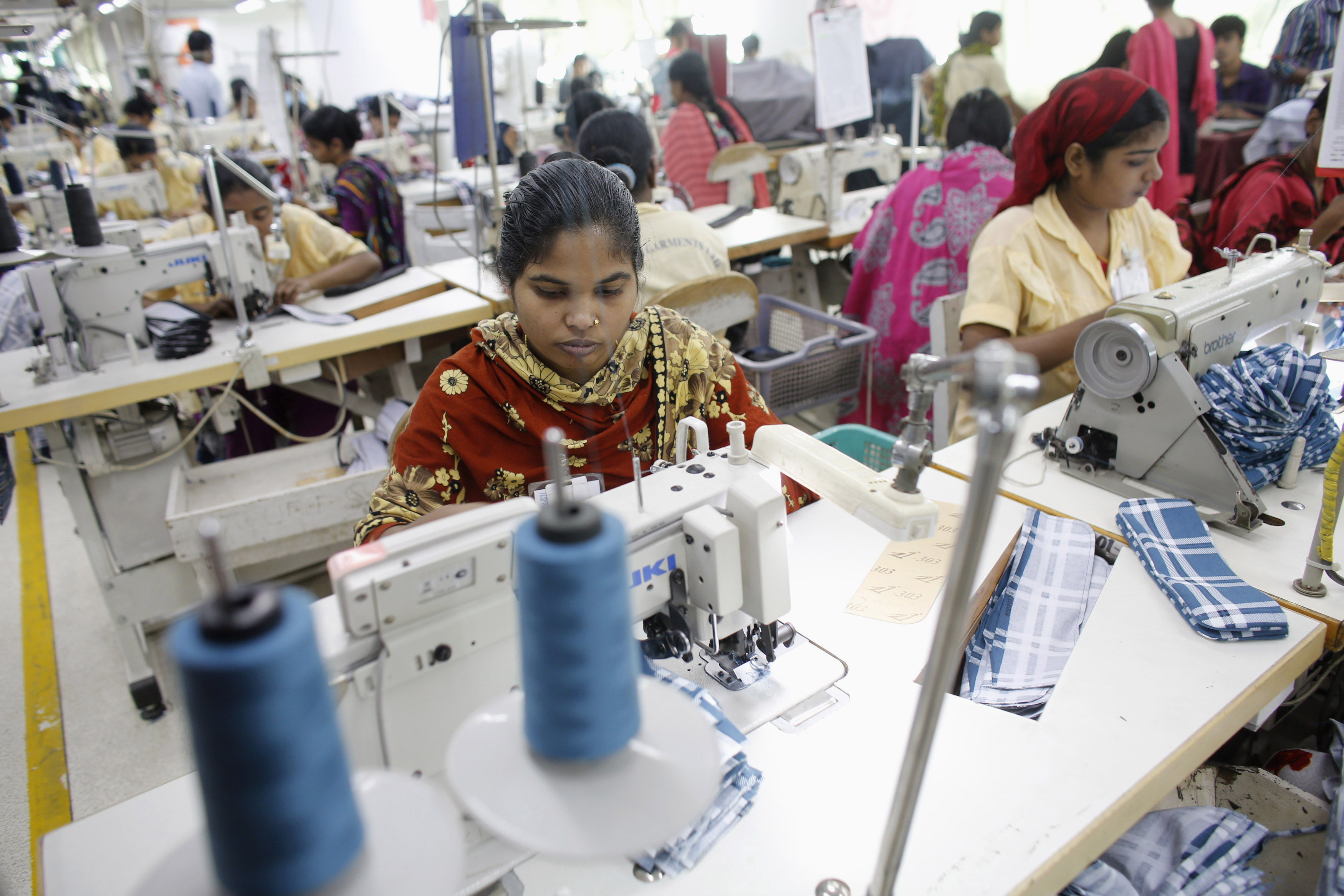
By: LakshmiPS
Bangladesh needs more women in the workforce if it is to grow, its women’s minister said on Thursday, urging them to train for a trade and pledging to tackle high levels of sexual violence that make it harder for them to go out to work.
Fazilatun Nessa said much of Bangladesh‘s recent economic growth was down to the increased contribution of women, particularly in the garment manufacturing sector, the world’s second largest after China.
Factory work has transformed the lives of millions of women in the poor, socially conservative country, allowing them to earn their own money and gain their independence.
“If you want to further develop as a country, you cannot leave Bangladesh‘s women behind,” Nessa, 64, told the Thomson Reuters Foundation in Dhaka ahead of International Women’s Day on Sunday.
“It is not possible. You need more and more women to join the workforce.”
Nessa questioned claims from some women’s rights groups that the incidence of rape was rising in the country, saying women were previously more reluctant to report the crime.
“Earlier, women rarely spoke about these issues,” she said, adding that the government is working to combat the problem.
Bangladesh has a young, tech-savvy population and near double-digit growth.
Yet only about one in three Bangladeshi women of working age is employed and one in 10 occupies a leadership role, according to the Global Gender Gap Report 2020.
A lack of day-care centres and employers that allow staff to work from home hinders Bangladeshi women, who have to balance work and family duties, said Maleka Banu, general secretary of the Bangladesh Mahila Parishad, a women’s rights group.
“A woman’s earning is still considered to be a secondary income in Bangladesh. That’s why many of them don’t find it necessary to go to work,” she said.
(Thomson Reuters Foundation)
